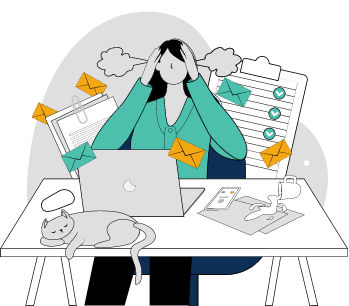Listen to this episode
On this episode
Do you truly know what it means to live a life without regrets? Too often, we get stuck chasing dreams that aren’t even our own or don’t take action to improve our lives because we’re hoping for something better.
If you only had a year left to live, would you really be spending it at the office?
Georgina Scull joins us in this episode to talk about what she learned from writing the book, _Regrets of the Dying: Stories and Wisdom That Remind Us How to Live_. She shares the three common regrets of people dying: not being able to make other people happy, living up to other people’s expectations, and trying to rewrite history. We walk you through practical steps you can use to reflect on your inner desires and live a meaningful life.
If you want to know how to live a life without regrets, stay tuned to this episode.
Episode highlights
The Story Behind _Regrets of the Dying_
How Georgina Changed Herself
The Need for Change
Learning from Others
Three Common Regrets
Living for Yourself
Sorting Out Priorities
You’re in Charge
Three Lessons from the Book
Getting Out of a Rut
Episode transcript
Change is hard. You know, I don’t know if you find this, Rachael but sometimes your gut tells you something’s not right. But you kind of don’t always trust it or you’re worried about. If you make a decision or a change that’s going to change everything. Is it going to change it in a good way? Are you in a strange way going to regret that, instead of regretting being unchanged can be quite tricky. If you’re in a job that not only doesn’t make you happy, but if it actively makes you unhappy, if you actively feel the…










